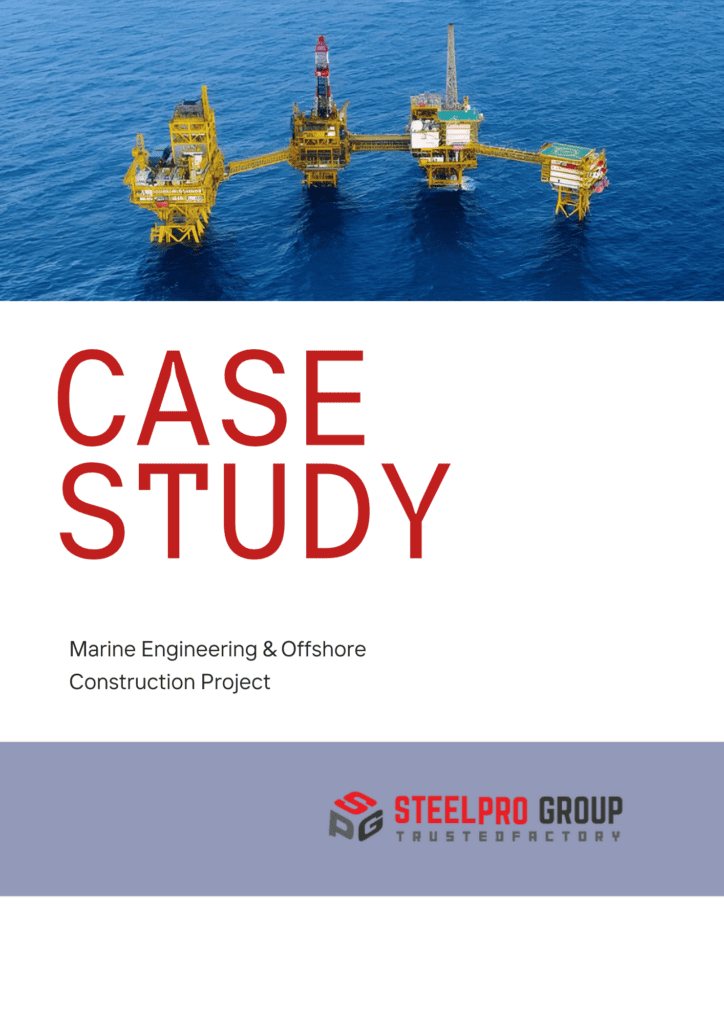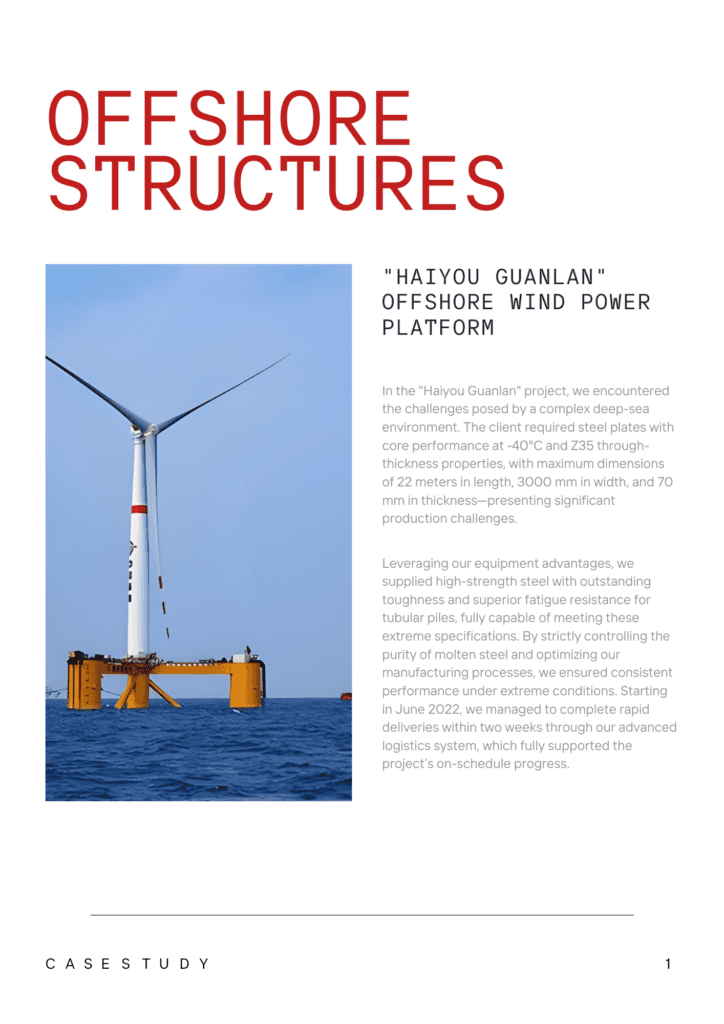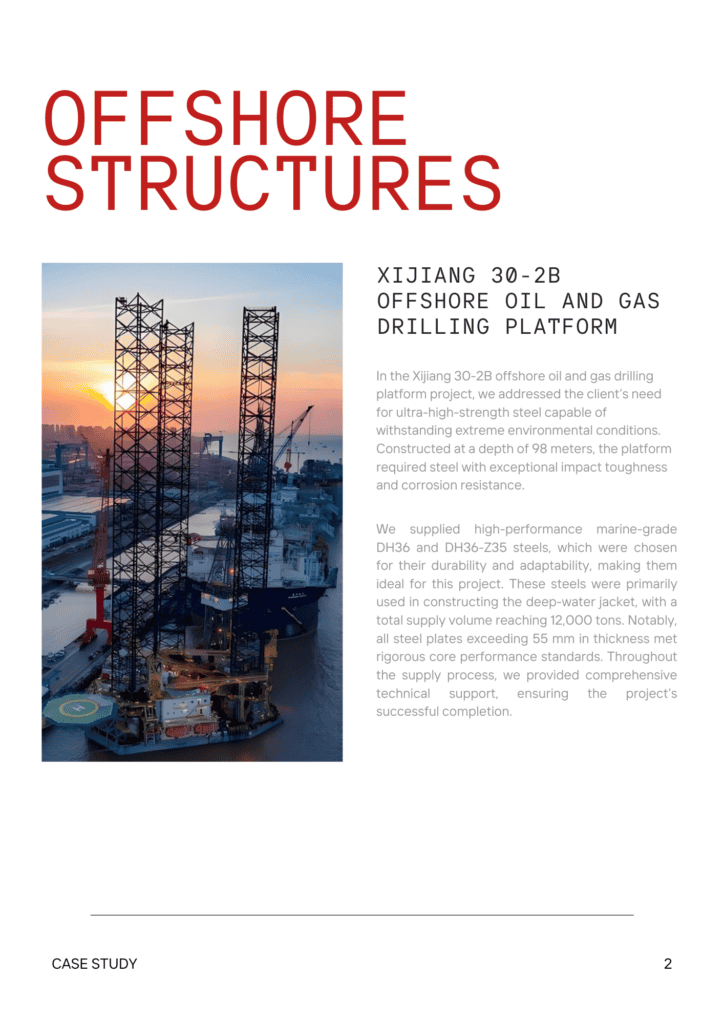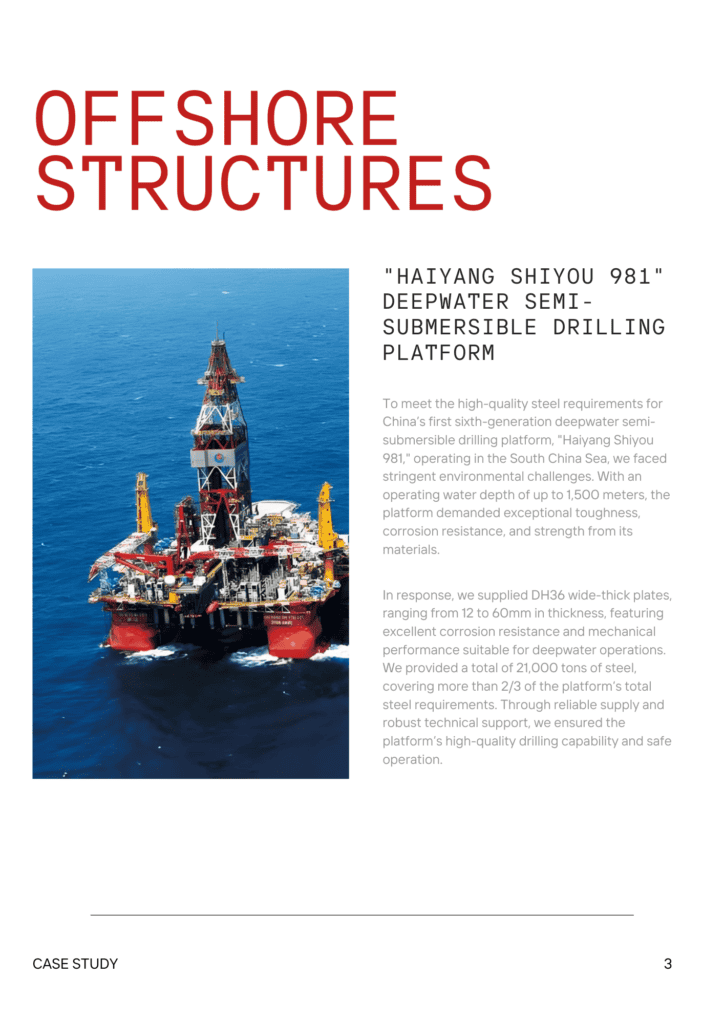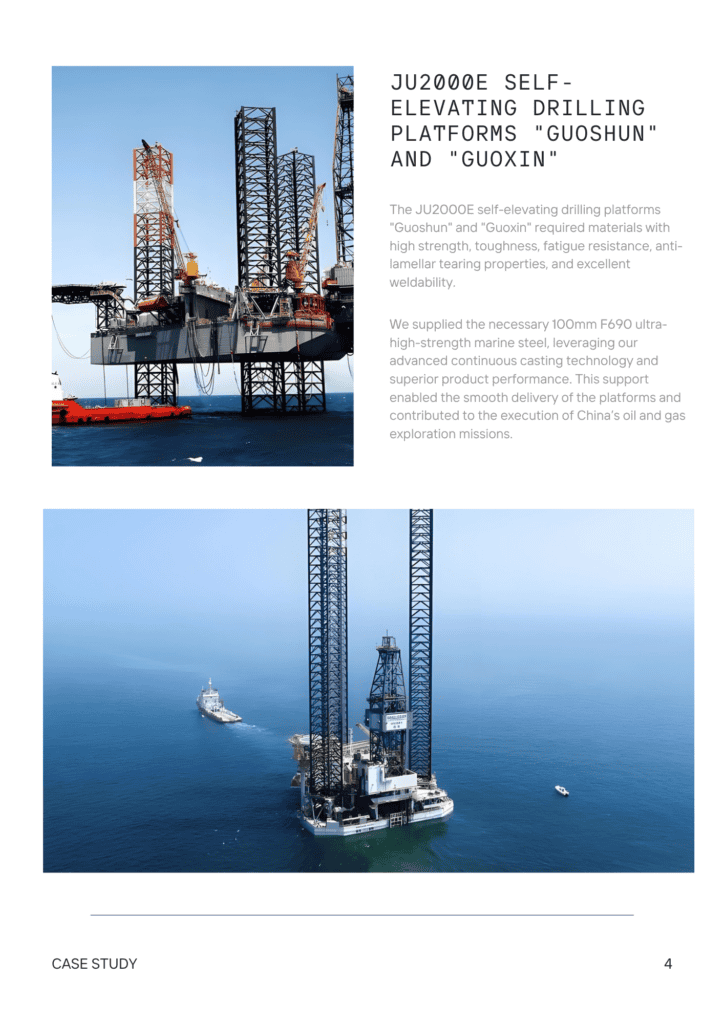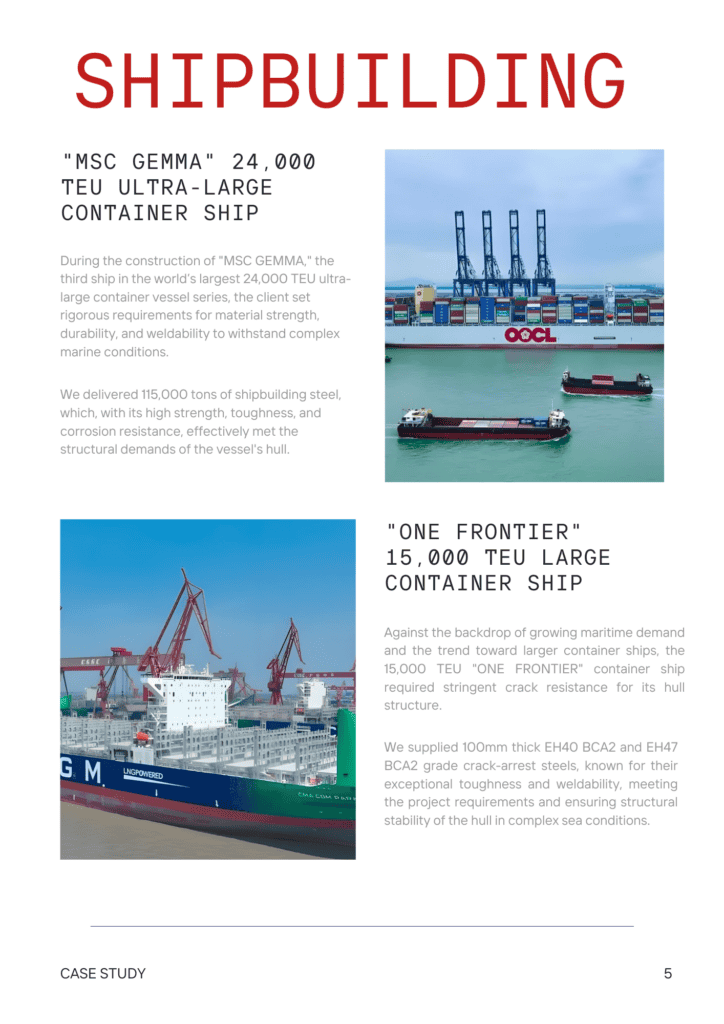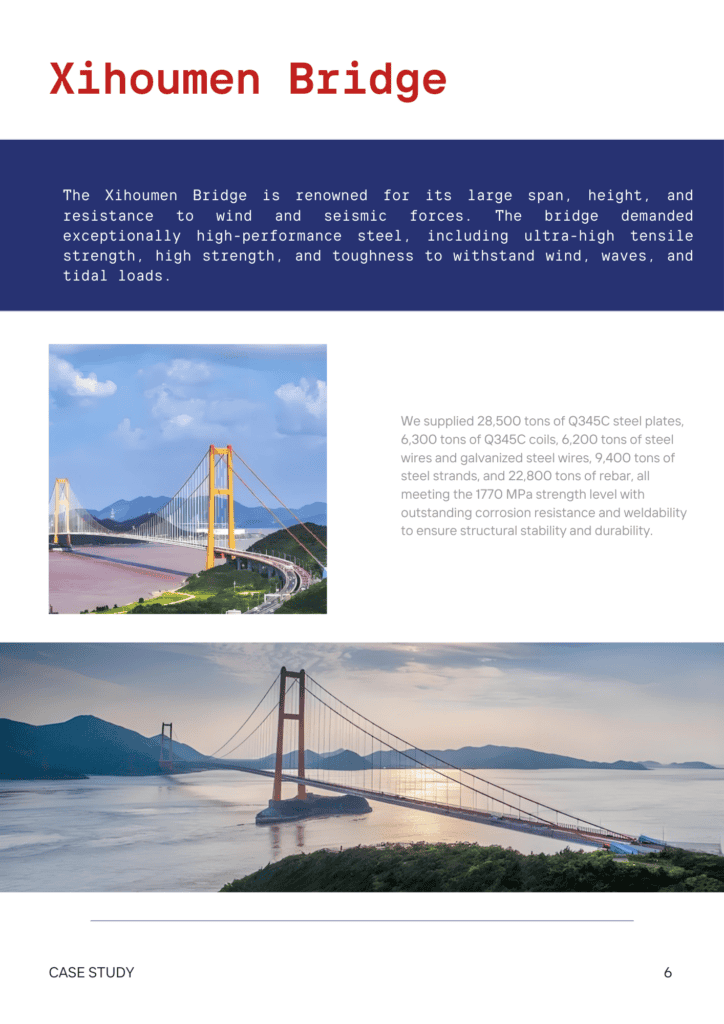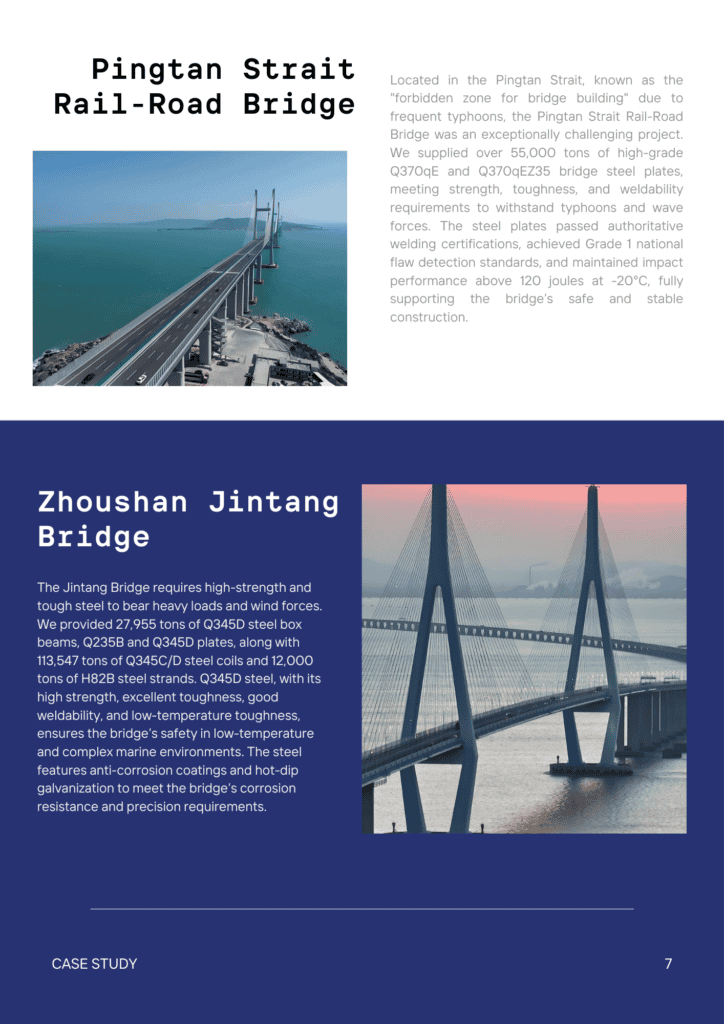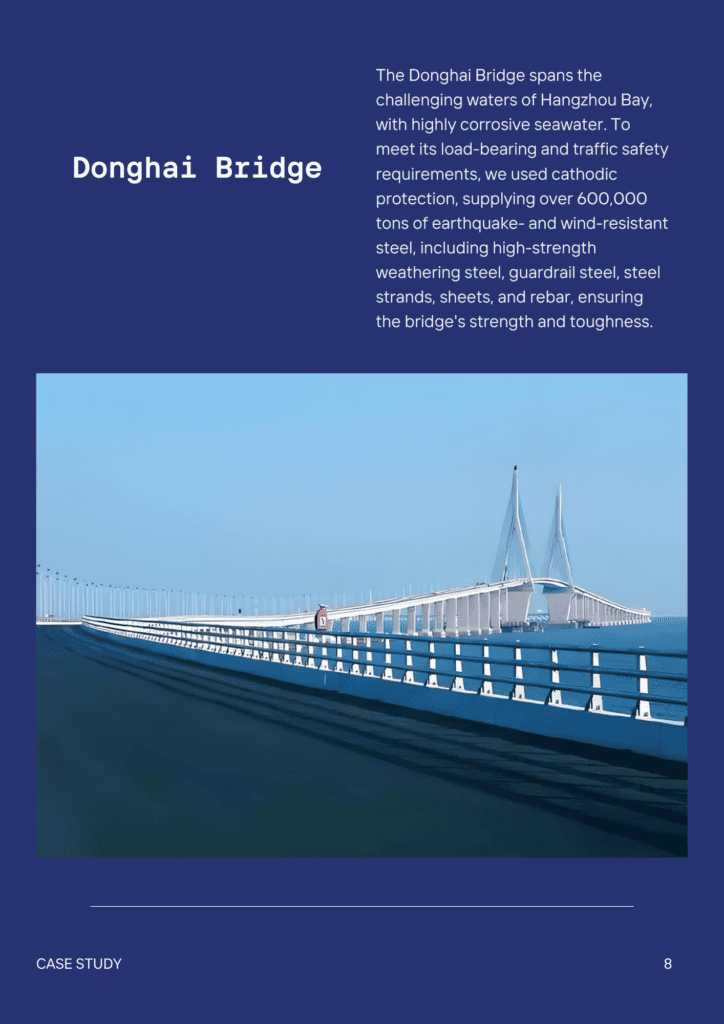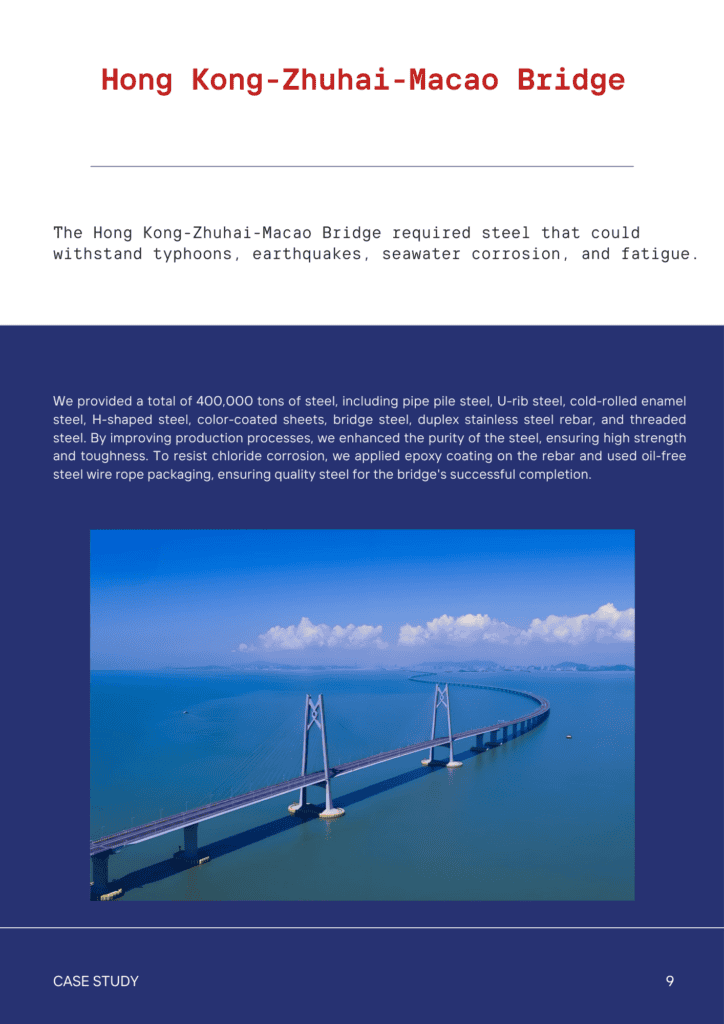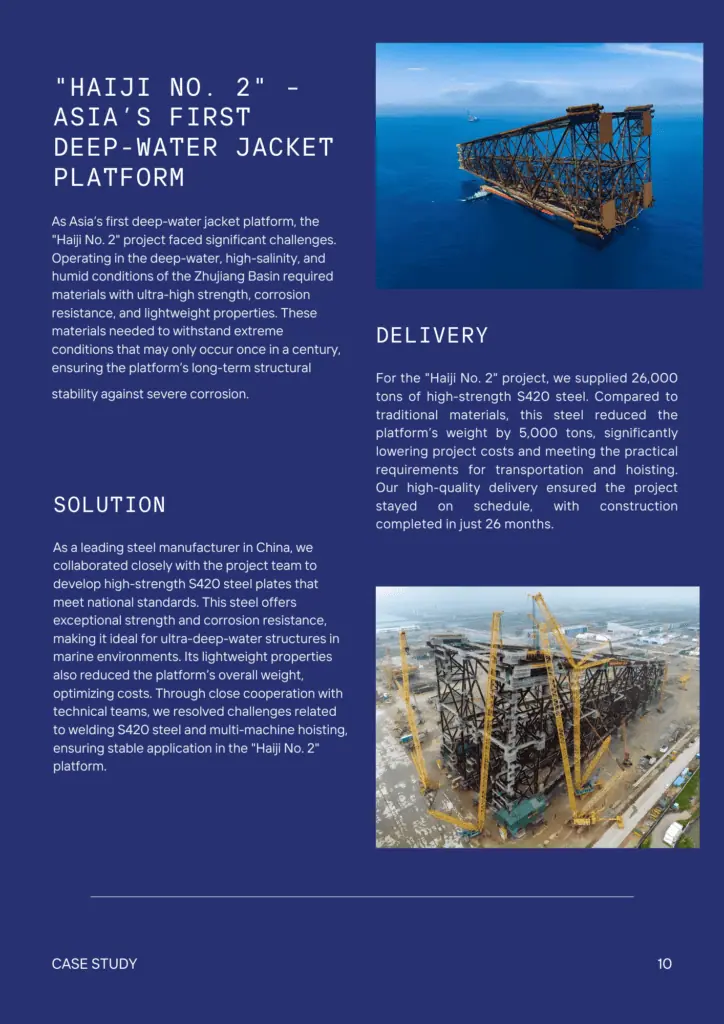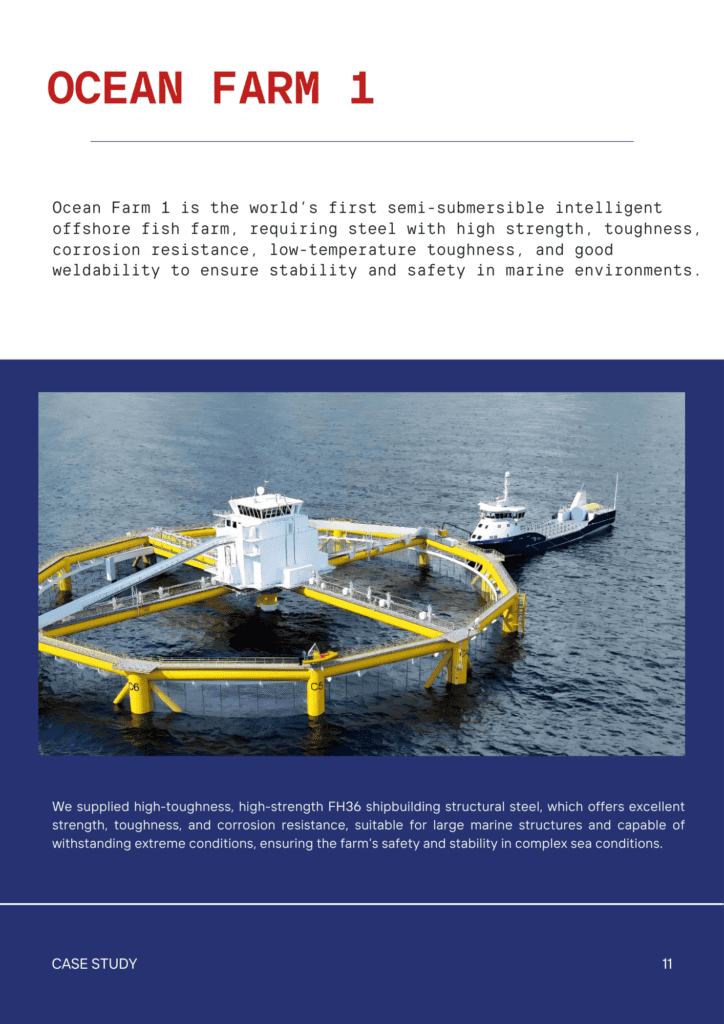Contents
D7 Cold Work Tool Steel: Properties, Fabrication, Shape and Applications
- John
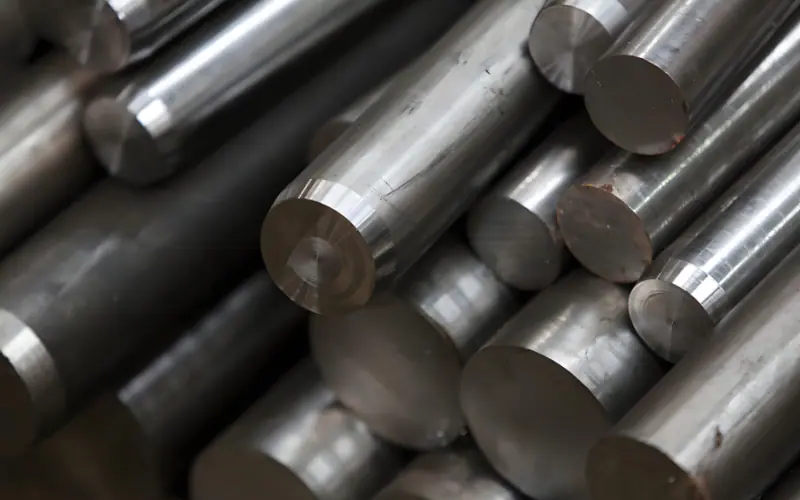
D7 cold work tool steel stands out in applications where high wear resistance and toughness are a must. Known for its excellent hardness after heat treatment, it’s a reliable material for cutting tools, molds, and dies. With its ability to hold up under pressure and resist wear, D7 is the perfect choice for industries demanding durability and precision. In this article, we’ll dive into its key properties, fabrication processes, and where D7 steel truly shines in real-world applications.
What is D7 Steel?
D7 steel is a carbon-heavy, chromium-rich air-hardenable tool steel, providing superior resistance to wear and strength thanks to its 2.0% carbon and 12% chromium composition. This gives it superior hardness (80-85 HRC after heat treatment). It’s mainly used for cutting tools, dies, and molds in cold work applications. D7 is processed by forging and rolling and requires no oil or water quenching, making it ideal for industries needing durable, long-lasting tools.
Properties of D7 Cold Work Tool Steel
D7 cold work tool steel offers exceptional wear resistance, toughness, and excellent hardness, even under high stress. Its air-hardening properties simplify processing, ensuring reliable performance in cutting tools, dies, and molds.
Chemical Composition of D7 Steel
Here is the chemical composition of D7 steel.
| Element | Content (%) |
| Carbon, C | 2 |
| Manganese, Mn | 0.3 |
| Chromium, Cr | 12 |
| Molybdenum, Mo | 0.5 |
| Vanadium, V | 0.1 |
| Silicon, Si | 0.25 |
| Phosphorus, P | 0.03 |
| Sulfur, S | 0.03 |
Physical Properties of D7 Steel
Here is the physical property of D7 steel.
| Property | Metric | Imperial |
| Machinability | Good | Good |
| Density | 7.85 g/cm³ | 0.284 lb/in³ |
| Specific Heat Capacity | 0.480 J/g·°C | 0.115 BTU/lb·°F |
| Thermal Conductivity | 25 W/m·K | 17.2 BTU/hr·ft·°F |
| Coefficient of Thermal Expansion | 11.2 µm/m·°C | 6.22 µin/in·°F |
Machinability: It’s fairly easy to machine, but its hardness may require specialized tools for best results.
Density: D7 has a high density, making it durable but also relatively heavy.
Specific Heat Capacity: D7 absorbs heat well, helping it maintain stability in varying temperatures.
Thermal Conductivity: It doesn’t release heat quickly, which helps maintain strength but may require cooling in certain conditions.
Coefficient of Thermal Expansion: It undergoes consistent expansion and contraction, maintaining excellent dimensional stability when temperatures fluctuate.
Mechanical Properties of D7 Steel
Here are the mechanical properties of D7 steel.
| Property | Metric | Imperial |
| Poisson’s Ratio | 0.28 | 0.28 |
| Elastic Modulus (E) | 210 GPa | 30.5 × 10⁶ psi |
| Tensile Strength | 1200 MPa | 174,000 psi |
| Yield Strength | 1100 MPa | 160,000 psi |
| Impact Toughness | 30 J | 22 ft·lb |
| Elongation | 5% | 5% |
| Hardness (Rockwell C) | 58-62 HRC | 58-62 HRC |
Tensile & Yield Strength: With high tensile and yield strength, D7 can handle heavy forces without breaking, making it ideal for cutting tools and molds that face constant stress.
Elastic Modulus (210 GPa): D7’s stiffness ensures it keeps its shape even under high loads, maintaining precision in tooling and forming.
Impact Toughness (30 J): While it’s not the toughest steel, D7 absorbs moderate impact without cracking, suited for controlled, high-stress environments.
Hardness (58-62 HRC): D7 resists wear and abrasion well, ensuring long tool life, though its hardness makes it less flexible.
D7 is ideal for high-durability environments, but grades like D2 or D6 in the same series may be more suitable for better toughness or impact resistance.
Fabrication of D7 Cold Work Steel
D7 steel is tough and durable, making it ideal for high-performance tools. To make the most of its properties, proper fabrication is essential. Here’s a quick guide to its key processes:
Forging/Rolling
For forging or rolling D7, heat it up to 1000°C to 1200°C (1832°F to 2192°F). This helps the steel become more workable without losing its strength. During forging, shape the steel carefully, keeping the temperature steady to avoid cracks. Afterward, let it cool slowly to refine the structure.
When rolling, pass the steel through rollers at the same temperature range. Let it cool down gradually to keep its toughness.
Heat Treatment
Heat treatment is critical for D7’s performance:
Annealing: Heat D7 up to 830°C to 880°C (1526°F to 1616°F) and let it sit there for 2-4 hours, then cool it down slowly. This step helps to relieve stress inside the steel, making it easier to work with later.
Preheating: Start with preheating in two stages—first, bring it to 500°C to 600°C (932°F to 1112°F), then crank it up to 800°C to 850°C (1472°F to 1562°F) before you start quenching. It gets the steel ready for the next step.
Austenitizing: Heat D7 to 1000°C to 1050°C (1832°F to 1922°F) and hold it there for 30-60 minutes to get an even structure. This ensures the steel will harden properly.
Hardening: Quench D7 quickly—either in oil or air. This locks in the hardness (aim for 58-62 HRC). A quick chill is key to making the steel tough.
Tempering: Temper the steel at 150°C to 200°C (302°F to 392°F) for 2-3 hours. This balances out the hardness and toughness, making sure it’s not too brittle.
Cooling & Stress Relief: After tempering, just let the steel cool naturally in still air.
Machining
D7 is a tough steel that requires careful machining to avoid tool wear. Key steps include:
Cutting: When machining D7, HSS or carbide tools work great. Maintaining a consistent cutting speed is crucial to prevent overheating, which can cause surface problems. Using proper lubrication reduces friction and really helps extend the life of your tools.
Surface Treatment: For surface treatments, nitriding is effective in hardening the surface without losing the core toughness. PVD coatings, like TiN, offer extra protection against wear and corrosion, making tools last longer and perform better.
Shapes We Provide for D7 Cold Work Steel
Due to its excellent wear resistance and toughness, D7 Cold Work Steel is available in various shapes to meet different needs:
- D7 Steel Sheets – Ideal for die cutting, stamping, and forming.
- D7 Steel Plates – Perfect for large-scale tool and die manufacturing.
- D7 Steel Bars – Suitable for machining into custom shapes.
- D7 Steel Rods – Great for producing precision tools and components.
- D7 Steel Forgings – Ideal for high-strength applications and heavy-duty tools.
We also offer more custom shapes tailored to your specific requirements.
Applications of AISI D7 Cold Work Tool Steel
AISI D7 Cold Work Tool Steel is designed for tough environments that demand high wear resistance and durability. It’s widely used in various industries for producing reliable, long-lasting tools:
- Tooling: Die cutting tools, punches, forming dies, stamping dies
- Molds: Plastic injection molds, compression molds, extrusion dies
- Cutting Tools: Blades, knives, saws
- Aerospace: Structural components, precision tools
- Automotive: Dies for manufacturing parts, punching tools
D7 steel is the go-to choice for high-performance tools in demanding conditions.
D7 Cold Work Tool Steel Manufacturer
As a D7 tool steel manufacturer, we specialize in providing a wide range of shapes and sizes, from precision-ground plates to custom-forged parts, tailored to meet the specific demands of your application. Our D7 steel products undergo rigorous heat treatment processes to ensure optimal performance and durability in high-stress environments, making them perfect for industries where long tool life and consistent performance are critical.



